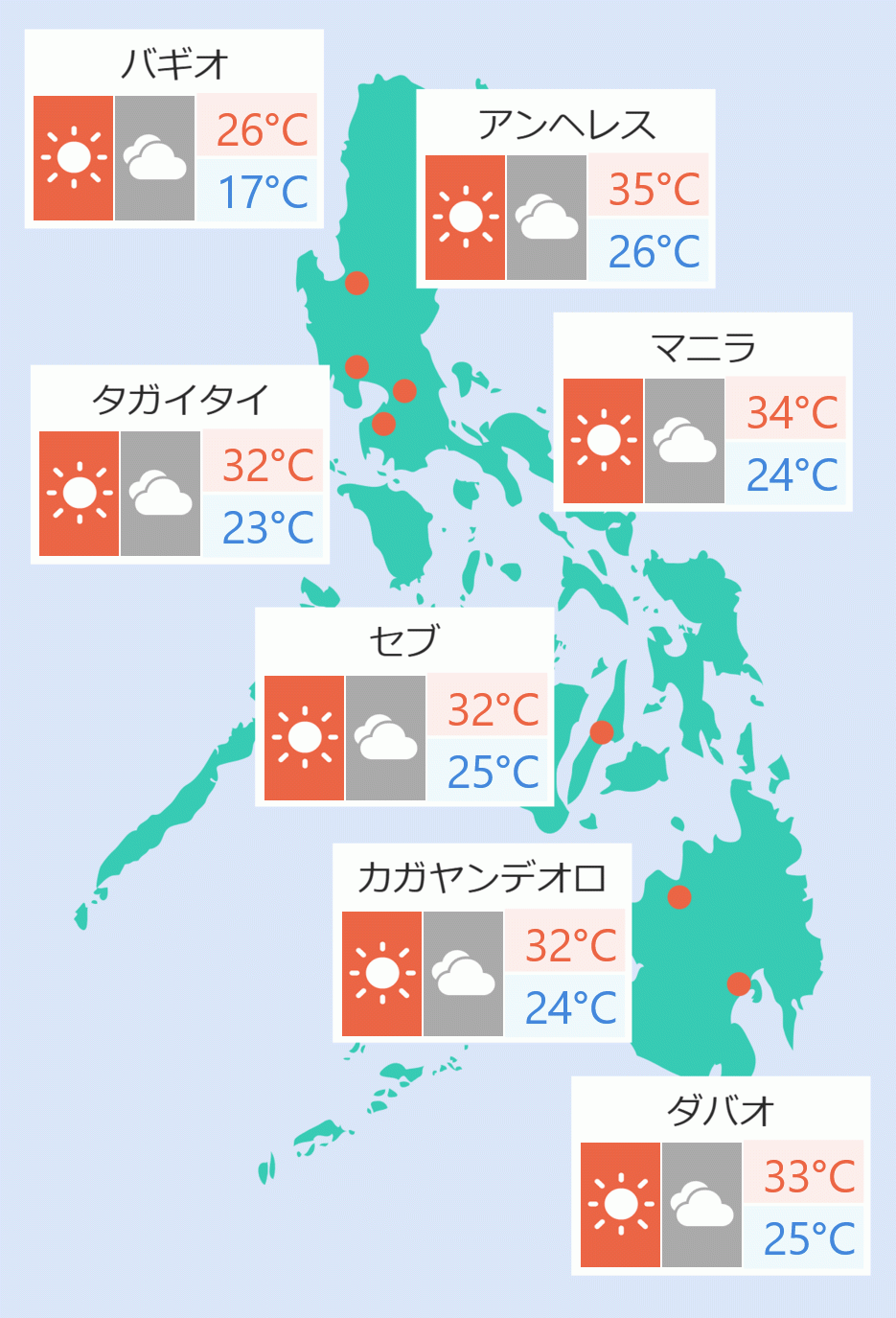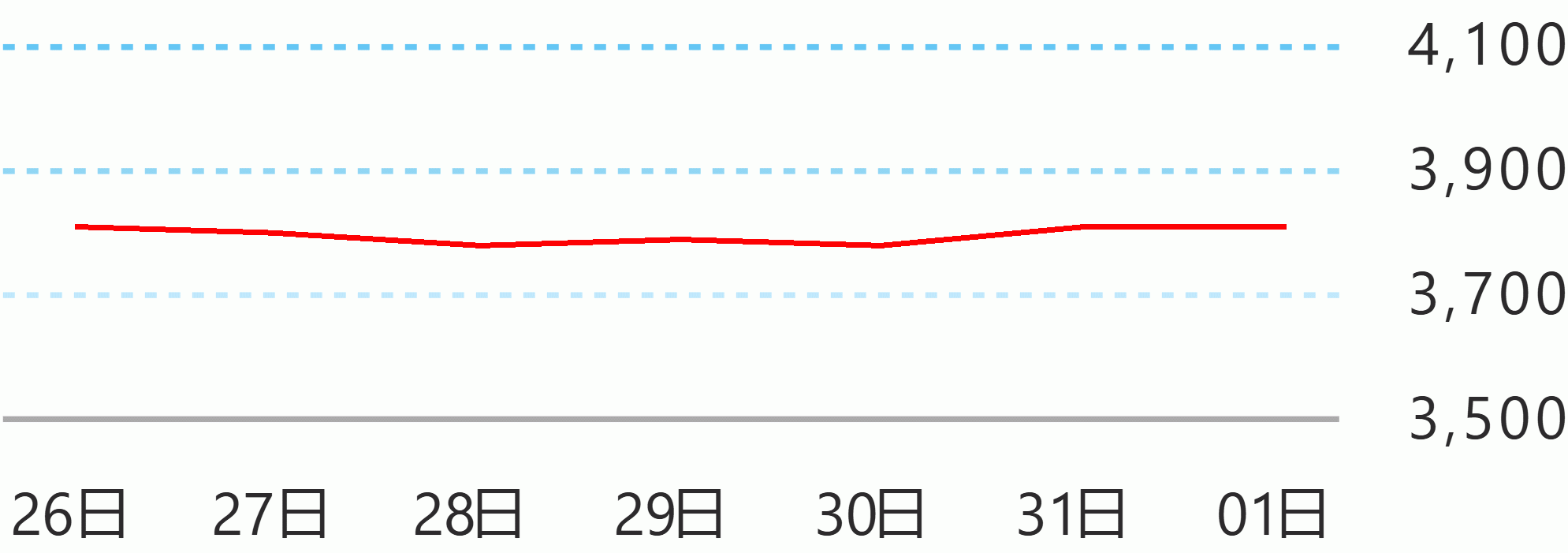At his residence in General Trias, Cavite, former Brig. Gen. Eric Uchida recalled how his late father used to tell him about his grandfather, Kenji Uchida, who was a popular Japanese photographer in Zamboanga.
Uchida said although Kenji had her ten children in Zamboanga, he and his brothers were born in Manila because the US Navy gave his father a scholarship in that city.
“At an early age, he was in Zamboanga City because they could feel that Japan was becoming overpopulated so they wanted to go outside and look for greener pastures,” Uchida told the Daily Manila Shimbun, confirming that Kenji came to the country at 17 years old.
“He was strict. He wanted them to work hard so they would be successful,” he described his grandfather.
“There was a time when he (Uchida’s father) told me that all the things he was buying were coming from Japan. So he was patronizing products from Japan”, he added.
As he related this, Uchida was sitting on a gray sofa in the living room where pictures of his family and his travels were displayed.
What stood out from among them was a large framed photo of him with his wife and children as well as photos of his son who took after him and joined the army.
Uchida also remembered asking his father why his grandfather never took pictures of his family.
“He is a photographer but he does not want his family to be photographed. He was more conservative. He wants to take photos of natural things,” Uchida said.
Kenji was also an “active” member of the Japanese Chamber of Commerce.
His grandfather also bought some parcels of land where he would farm in the evening.
“He bought some properties but some of them were confiscated. After the war, it was found out that it was Japanese property. But some of them were not confiscated because they were transferred in the name of my father’s eldest sister Clotilde,” Uchida said.
His grandfather, who spoke English, Spanish, Chavacano, Tagalog, and Japanese, taught Uchida’s father how to speak Japanese.
Uchida said that after the war, no one knew what had become of his grandfather.
“He was missing. He was last reported (to be) in Davao,” he said, noting that there was a big Japanese community and even a cemetery for them in Davao.
About his father, Uchida said that he and his siblings became naturalized Filipinos at around seven years old.
He eventually served in the US Navy for six years, starting in 1954, but he refused to give up his Filipino citizenship.
“He loves the Philippines that’s why he joined the US Navy and he did not even change his citizenship to American citizenship. He retained his Filipino (citizenship) and he died as a Filipino,” he said.
“When you are in the US military there will be a time when you are required to (pledge) allegiance to the US as an American citizen because you are serving the Armed Forces. But my father did not take that opportunity. He wants to be a Filipino,” he added.
His father died in 1988 followed by his mother who died in 2020.
Uchida also bared his experiences in the military, starting from when he passed an entrance exam for the Philippine Military Academy.
He graduated from the academy in 1984 and retired as a brigadier general in 2018.
Uchida said as a soldier, he was able to visit the military academy of Japan, study in the US twice, become part of the Philippine contingent of the United Nations Peacekeeping Mission in Iraq, and participate in a counter-insurgency operation in Jolo, Sulu.
Uchida said they tried to find their relatives in Japan but their records had been destroyed.





 English
English










